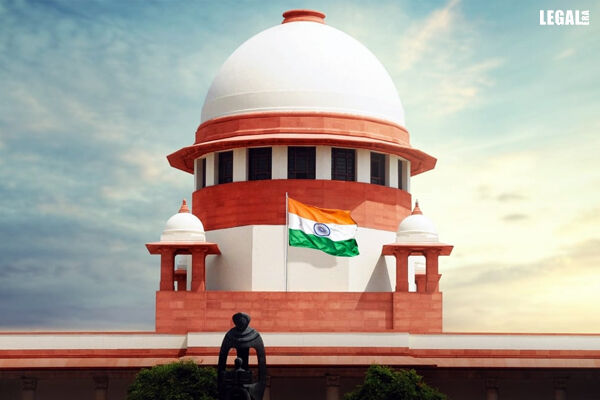
Argus Partners Achieves Crucial Victory: Supreme Court Defines NCLAT’s Limited Discretion In IBC Appeal Delays
Introduction
The Supreme Court has held that the National Company Law Appellate Tribunal (NCLAT) has no jurisdiction to condone delay beyond the statutorily prescribed period of 45 days for filing an appeal under Section 61(2) of the Insolvency and Bankruptcy Code, 2016 (IBC).
Factual Background
The case involved an appeal filed by Raj Kumar Banerjee, a former shareholder of Rohit Ferro-Tech Ltd, against the approval of a resolution plan submitted by Tata Steel Ltd. The National Company Law Tribunal (NCLT) had approved the resolution plan on April 7, 2022. Banerjee filed an appeal before the NCLAT on May 23, 2022, which was beyond the prescribed period of 45 days.
Procedural Background
The NCLAT condoned the delay in filing the appeal, holding that the appeal was filed within the permissible period. Tata Steel challenged this order before the Supreme Court, arguing that the NCLAT had exceeded its jurisdiction in condoning the delay.
Issues Involved
1. Jurisdiction of NCLAT to Condone Delay: Whether the NCLAT has jurisdiction to condone delay beyond the statutorily prescribed period of 45 days for filing an appeal under Section 61(2) of the IBC.
2. Limitation Period: Whether the limitation period for filing an appeal under Section 61(2) IBC begins from the date of pronouncement of the NCLT’s order or when the party becomes aware of it.
Submissions of the Parties
Appellant’s Contentions: Tata Steel argued that the NCLAT has no jurisdiction to condone delay beyond the statutorily prescribed period and that the appeal filed by Banerjee was time-barred.
Respondent’s Contentions: Banerjee argued that the NCLAT had correctly condoned the delay in filing the appeal.
Reasoning and Analysis
The Supreme Court held that the NCLAT’s jurisdiction to condone delay is limited to 15 days beyond the initial 30-day period, as provided in Section 61(2) IBC. The Court emphasized that the NCLAT, being a creature of statute, operates strictly within the powers conferred upon it and lacks inherent jurisdiction to extend time on equitable grounds. The Court also held that the limitation period for filing an appeal under Section 61(2) IBC begins from the date of pronouncement of the NCLT’s order, regardless of when the party becomes aware of it.
Final Decision
The Supreme Court set aside the NCLAT’s order condoning the delay and held that the appeal filed by Banerjee was time-barred.
Law Settled
This judgment reinforces the principle that the NCLAT’s jurisdiction to condone delay is strictly limited by the statute and that the appellate mechanism under IBC is designed to preserve the speed and certainty of the insolvency resolution process.
In this case the appellant was represented by team Argus Partners led by Mr.Ramji Srinivasan, Sr. Advocate, Mr.Udit Mediratta, Mr.Shivkrit Rai, Mr.Arjun Bhatia and Ms.Shefali Munde, Advocates.